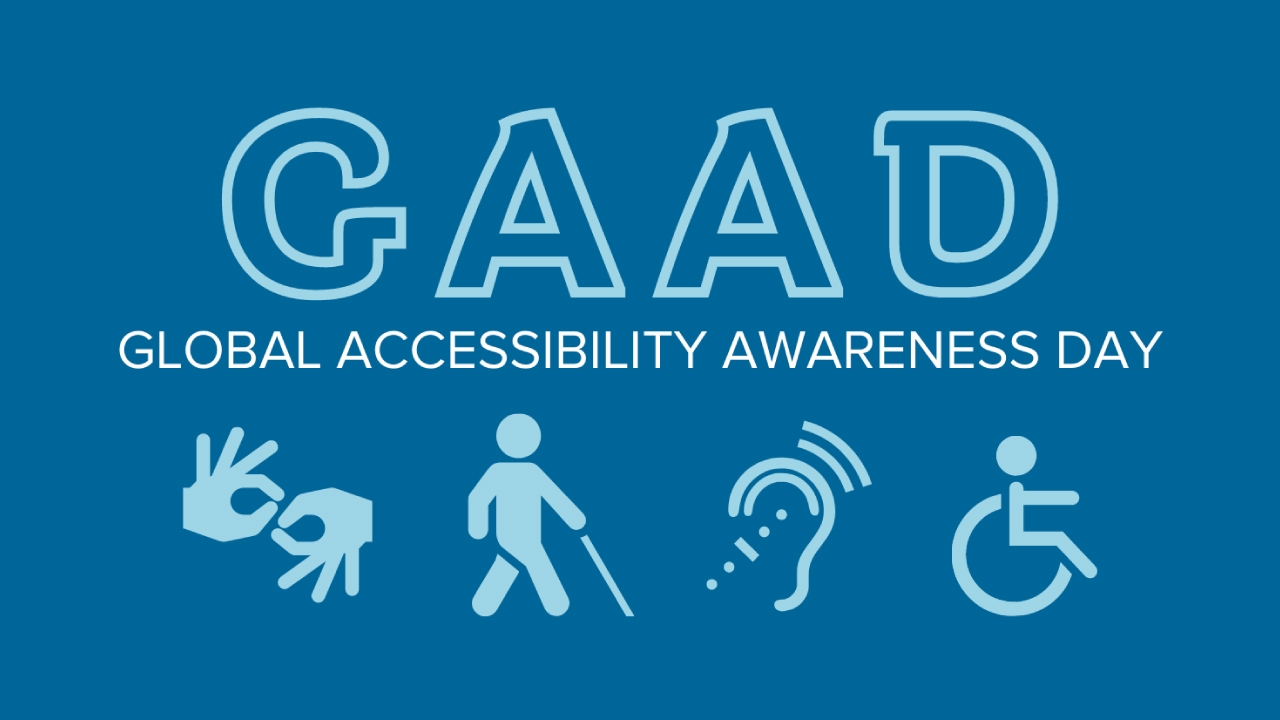
To mark Global Accessibility Awareness Day (GAAD), Disability DEIA Group member Klementyna Netrowska Ziomek discusses the importance digital accessibility templates and shares her experiences with accessibility as a dyslexic person.
What is your role at Tetra Tech?
I joined Tetra Tech nearly three years ago as a Graduate Project Manager, and I’m now an Assistant Project Manager. I work on a variety of multidisciplinary projects for a wide range of Tetra Tech clients.
How has being so open about your dyslexia been for you at Tetra Tech?
It was important for me to be open and transparent about being dyslexic when I joined Tetra Tech, and being open about my condition has been transformative.
Dyslexia is one of the most common forms of neurodiversity, affecting one in ten people globally. Despite its prevalence, there are still lots of misunderstandings. Additionally, a shocking statistic is that 75% of individuals opt not to disclose their dyslexia to employers due to concerns about stigma.
My journey with dyslexia began when I was eleven, just before I started high school. Despite the diagnosis, I received little support during my education.
It was therefore extremely rewarding to contribute to the launch of the new accessible templates Tetra Tech have implemented – a project which has required lots of work and thought.
Why are accessible documents so important?
Accessible documents not only ensure that information is readily available to all individuals, regardless of their abilities, but they also contribute to a more positive user experience for everyone involved.
When clients and team members feel supported and accommodated through accessible documents, it fosters a sense of respect and appreciation for their diverse needs.
All companies should recognise, accept, and support client requirements, as well as individual employee needs. Doing so demonstrates inclusivity and shows the world that Tetra Tech can support a diverse range of employees and client base.
Proactively addressing accessibility concerns positions us as leaders in our industry, driving positive change and setting a standard for inclusivity.
How has Tetra Tech supported you?
Being honest about my Dyslexia at Tetra Tech has allowed me to connect with fellow dyslexic colleagues, understand my strengths, and receive the support I need for personal development. It’s a reminder that I’m not alone, and it’s inspiring to see how senior colleagues navigate their own challenges.
Additionally, the understanding and support I’ve received from my line manager has been invaluable in helping me overcome my struggles and thrive in my role.
Do you feel that the support you receive meets your specific needs?
Absolutely. As a member of the Disability group which is part of the Diversity, Equity, Inclusion and Accessibility (DEIA) group, and part of the global Employee Resource Group, TetraAbility, I feel like I’m part of a community that actively wants to hear what I think and what I have to say. The group got me involved and encouraged me to speak up about issues that are important to me and other neurodivergent people within the company.
When I started my role, I was offered practical recommendations that now support me in my day-to-day responsibilities. You can also claim money back from our employee benefits programme to access things like wellbeing treatments, or opportunities to seek a private diagnosis for neurodiverse conditions.
Connect with us. Reach out to our experts.